Trump Poised for Fourth Extension of TikTok Divestment Deadline, Leveraging It in U.S.-China Negotiations
Input
Changed
TikTok Divestment as U.S.-China Trade Agenda Contentious debate persists over approval of algorithm transfer Sanctions and retaliatory measures escalate ahead of summit
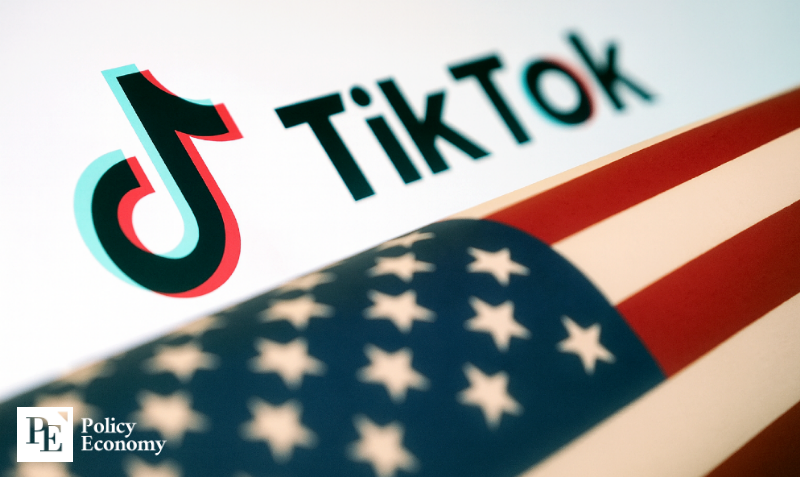
U.S. President Donald Trump is expected to grant yet another extension of the deadline for TikTok’s divestment. Despite projecting confidence at the end of June—when the third extension was announced—by citing the emergence of “a very wealthy” potential buyer, no substantive progress has been made even with only three days remaining until the current deadline. Against the backdrop of China’s “anti-dumping investigation” and Washington’s expanded export-control list, diplomatic observers anticipate that TikTok will continue to be used as leverage in tariff negotiations between the two powers, with the deadline possibly postponed indefinitely until a bilateral summit convenes.
Renewed Extension of TikTok Deadline
According to Reuters on the 14th (local time), Washington plans to extend once more the deadline—originally set for the 17th—for the sale of TikTok’s U.S. operations. This marks the fourth extension since January, when the administration mandated that TikTok either divest its U.S. operations or exit the market. The “TikTok Ban Act,” enacted by Congress, originally required ByteDance to divest or shutter TikTok in the U.S. by January 2025, but Trump has repeatedly deferred enforcement since taking office in January. If implemented, the latest extension would delay enforcement for nearly nine months.
In June, following the third extension, Trump signaled that no further reprieves would be granted, claiming that “a very wealthy buyer” had been identified and promising to reveal the buyer within two weeks. Industry speculation at the time centered on an Oracle-led consortium, given founder Larry Ellison’s close ties to Trump and TikTok’s reliance on Oracle Cloud since 2022 to store U.S. user data. Reports also suggested that TikTok had begun developing a “U.S.-only app” in preparation for a divestment. However, no announcement materialized, and the matter gradually faded from the administration’s rhetoric.
By last month, Trump claimed that U.S. buyers were lining up to acquire the app, suggesting the possibility of another extension. On the 14th, however, he gave an equivocal response when asked about TikTok’s future. “I may or may not do it. We’re negotiating with TikTok. We could let it die. I don’t know if it’s up to China. It doesn’t matter much. I’d like to do it for the kids,” Trump told reporters at the White House.
TikTok Divestment on the Fourth U.S.-China Trade Negotiation Table
The renewed extension appears closely tied to high-level U.S.-China trade talks held in Madrid. Bloomberg reported that U.S. Treasury Secretary Scott Bessent and USTR representative Jamieson Greer met for six hours on the 14th with Chinese Vice Premier He Lifeng and Vice Minister of Commerce Li Chenggang. The Madrid meeting marked the fourth round of high-level talks following sessions in Geneva (May), London (June), and Stockholm (July). In prior talks, both sides had agreed to suspend or reduce tariffs by 115 percentage points and maintain two successive 90-day truces through November 10.
Beijing is pushing for a Trump state visit, while Washington demands tangible Chinese concessions in return. TikTok’s fate has now emerged as a central bargaining chip. At the heart of the dispute lies TikTok’s proprietary recommendation algorithm. The Chinese government, wary of transferring core technology, placed the algorithm on its export-control list and has given no indication of flexibility. Although earlier this year there were discussions of spinning off TikTok’s U.S. operations under a U.S.-led entity, negotiations collapsed after Trump imposed steep tariffs on Chinese goods, prompting Beijing to harden its stance. The Madrid talks ended without breakthrough, reinforcing the view that Washington will continue to extend the deadline until it secures favorable concessions.
Unlike previous negotiations in Geneva, London, and Stockholm, where TikTok was not discussed, its inclusion in Madrid is seen as providing Trump with political cover for repeated extensions. William Reinsch, senior adviser at the Center for Strategic and International Studies (CSIS), observed, “Until a one-on-one meeting between President Trump and President Xi is set, no substantive progress can be expected. This session is about preparing for that bilateral encounter.”
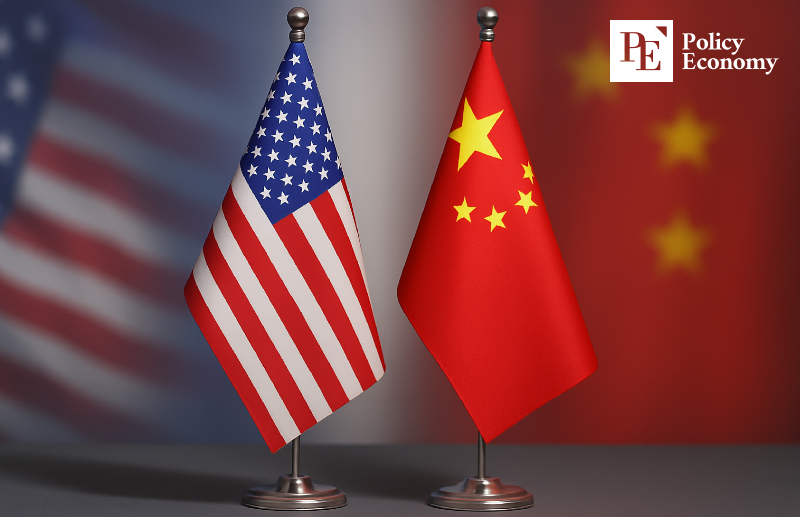
Trump’s ‘Sanction-First, Negotiate-Later’ Strategy
Diplomatic circles note that Washington’s intensifying criticism of Beijing’s purchase of Russian oil underscores a broader strategy of pressure ahead of talks. The U.S. has already levied 25% tariffs on India for similar reasons and signaled that tariffs as high as 100% could be imposed on China, in coordination with the G7. Trump has also pressed the European Union to impose tariffs of up to 100% on Chinese goods, underscoring a strategy of “sanction first, negotiate later.”
While governments typically pause escalations before major talks, Washington’s pursuit of fresh sanctions and third-party tariff alignments suggests preparations for a late-October Trump-Xi summit. Diplomatic observers widely expect such a summit to coincide with the APEC Leaders’ Meeting in Gyeongju on October 31–November 1. Although earlier speculation pointed to Trump visiting China before APEC, analysts now assign low probability to that scenario.
Nonetheless, Trump is expected to seek high-profile concessions—on TikTok, fentanyl, and soybean imports—to showcase success in his first face-to-face meeting with Xi in six years. Yet Xi, having faced criticism for repeated concessions during the first trade war under Trump’s initial term, is seen as unlikely to hand over such victories easily. Wendy Cutler, vice president at the Asia Society Policy Institute, remarked, “Given the complexity of unresolved issues and Xi’s growing conviction—particularly after the National Day military parade—that China holds the upper hand, it will be difficult to reach meaningful agreements at the summit.”
Meanwhile, tensions have intensified ahead of the Madrid talks. On the 13th, China’s Ministry of Commerce announced an anti-dumping probe into U.S. analog chip imports, following a petition by the Jiangsu Semiconductor Industry Association. The findings could provide grounds for punitive tariffs. A day earlier, Beijing also launched an anti-discrimination investigation into U.S. measures targeting China’s integrated circuit (IC) industry, arguing that Washington’s more than 300 investigations and export controls in recent years violate Chinese trade law. The ministry noted that restrictions imposed since 2022—including curbs on Huawei’s Ascend chips in May—would fall under review. Beijing characterized the move as a direct response to Washington’s escalating export controls. In parallel, the U.S. Commerce Department on the 12th added 32 semiconductor companies—including 23 from China such as GMC Semiconductor and Jichun Semiconductor—to its export-control list.






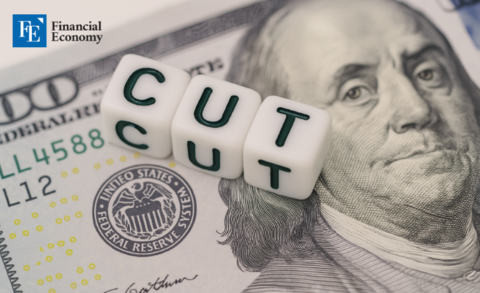

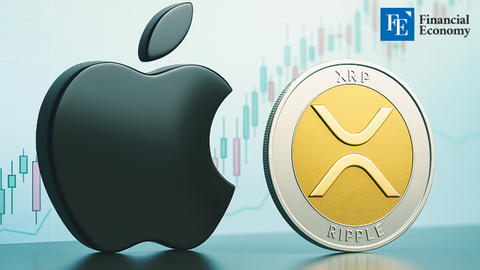
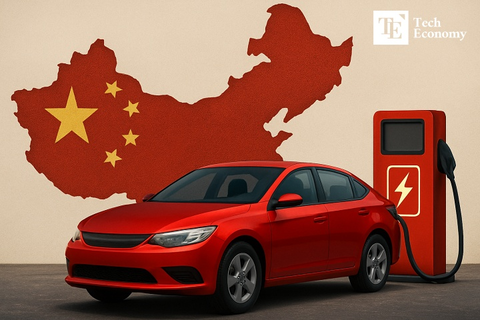












Comment